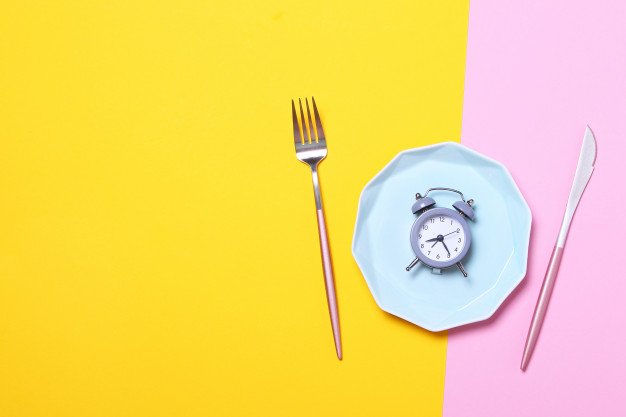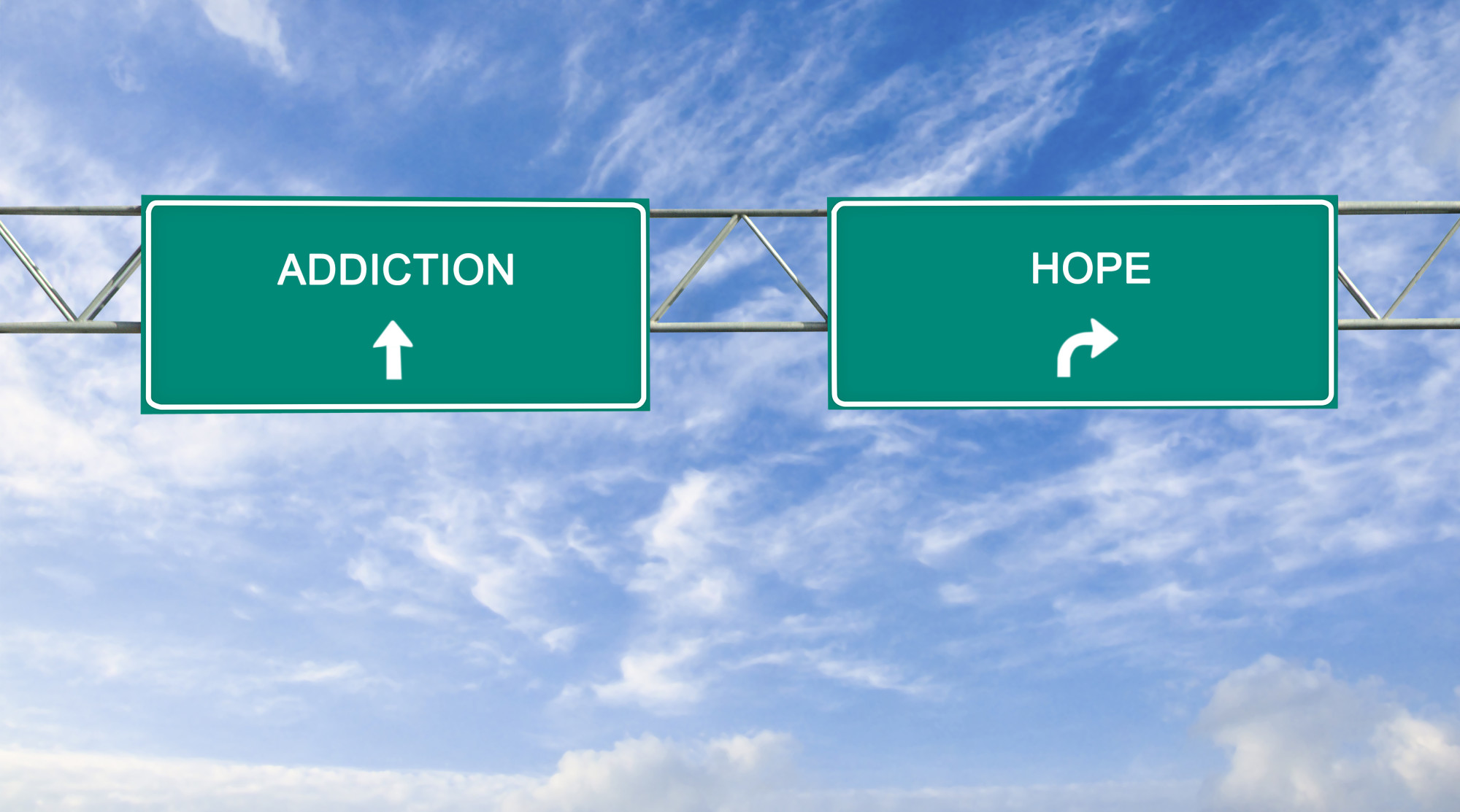A good night out with the guys or gals is never a waste, if done properly, they are usually still spoken of months down the line, and if you’re anything like me then you would have had your fair share of good times.
Alcohol has been around for hundreds of years, being tweaked as the years advance and tastes different over time, the main objective of enjoyment though has never changed. There are many reasons why people feel the need to drink on an evening out, some of which we look at in this article.
Then there are the whispers of the new kid on the block, even though this ‘kid’ has essentially been around way before any of us and dating back to ancient Chinese emperors and English royals, I’m talking about a blessing from Mother Nature, CBD.
To find out the more in-depth version of this ingredient you can click here what is CBD but it boils down to a plant grown naturally in nature and these days specifically grown and harvested for many properties, the positives are far outweighing any skeptics.
CBD, when used as a treatment for ailments, can be very beneficial, and the success stories are significantly increasing as awareness grows throughout the globe. What we are going to be having a look at today is if you are a CBD user for whatever reason and decide to go on an excursion where there will be alcohol, what are the effects likely to be?
CBD vs alcohol
When we think about both products in their cases we conclude that relaxation is a by-product and one that we look forward to.
Both work on the neuro system, one regulating the pain receptors and how the pulses are sent in a more regulated fashion while the other influences our social behaviors and moods. Thus if we think about using them combined, the results would be that much more intense.
Each ingredient would be serving the same purpose but in a different method of implementation, and could result in an overdose or significantly increased side effect of ‘too much of a good thing.’
If it is something you have been thinking about leading up to a planned weekend away, then being safe is going to be your main priority, why not try these out for ideas on how to be more vigilant and come out to the other end in one piece, so to speak.
It’s isn’t always going to be easy to know what to do and when, but with a bit of homework and research we can be sure that safety is a priority.
Read: What is the Ideal CBD Dosage for You?
Similar reasons why people drink alcohol or use CBD products
- When we feel relaxed and not under pressure to impress we can be ourselves, others can get to know the real you and not the ‘act’ you want them to meet. We have less stress and anxiety about meeting new people and can show our true colors and personality because life is too short to be someone else.
- Pain relief. Whether emotional or physical pain is never great, we look for any solution to be out of our discomfort, and CBD with alcohol can do this for us. If you are experimenting with CBD cocktails as they have come to be known as moderation is key. Being careful with recipes and measures and taking your time getting it right.
- This is quite similar to peer pressure, but if being surrounded by others who have great benefit from using CBD what have you got to lose? A chemical-free product that creates overall well-being, win-win if you ask me.
Other opinions are always available we know people love to give advice, check out this blog for what others have to say on liquids and CBD consumption.
- You may be the wallflower in your group of friends and being out on the town can cause you to panic, being more relaxed and coping better with your surroundings makes for better social interaction. You can be more involved in activities of your circle of friends without feeling overwhelmed by your introvert trait.
Whatever you decide to do with your life, do what makes you feel comfortable and live your life to the fullest.
Read Also:























